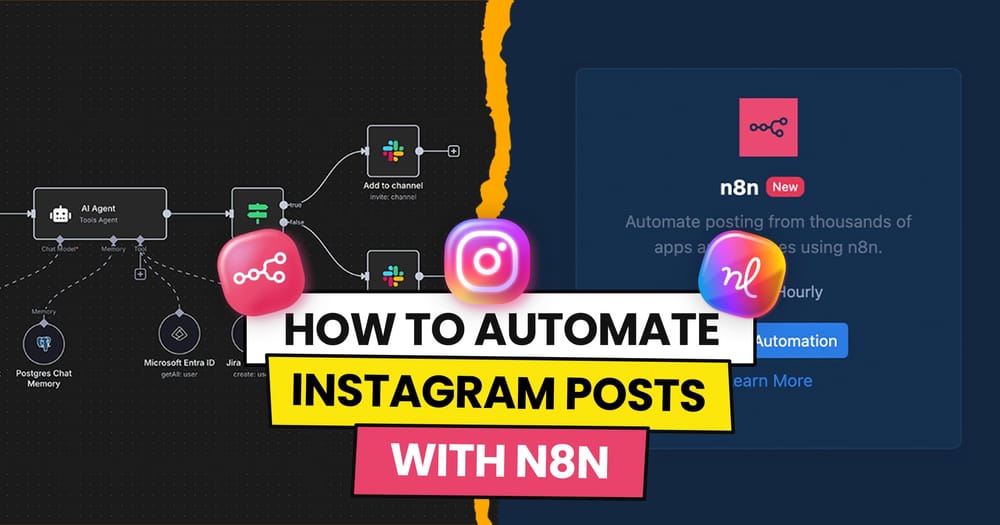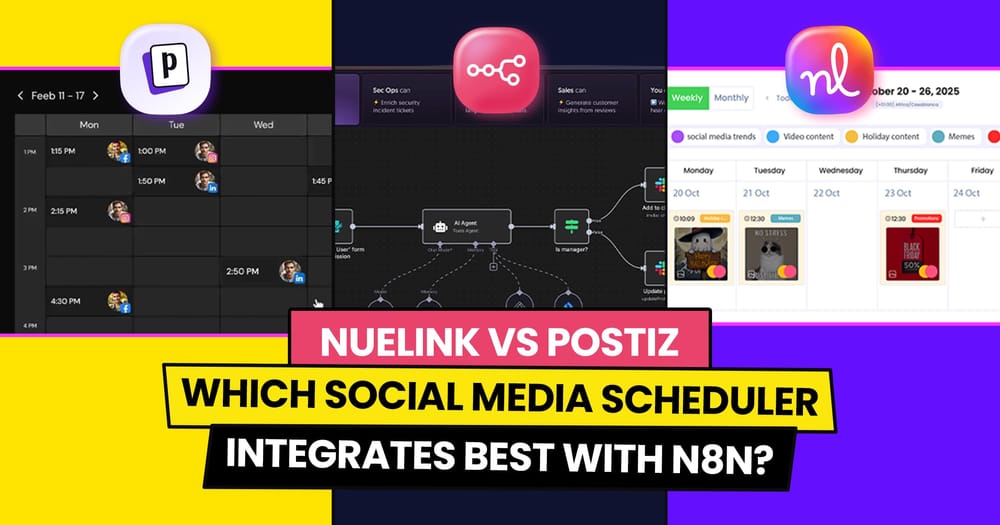As people increasingly turn to social platforms for information, recommendations, and purchasing decisions, your business must adapt its sales strategies to meet this new reality.
Social selling allows companies to engage with prospects where they are most active, using authentic interactions to build trust and credibility. You can manage this by participating in conversations, sharing valuable content, and nurturing relationships over time.
In this blog post, we will cover social selling and how it helps your business build trust and a brand on social media.
- What’s Social Selling?
- What’s the Difference Between Social Selling and Social Commerce?
- What are the Best Social Selling Strategies?
- What Tools and Platforms Are Best for Social Selling?
What’s Social Selling?
Let’s start with the definition! Social selling is a lead generation strategy that leverages social channels to find, qualify, and connect with new prospects. Unlike traditional sales techniques that often rely on strategies like cold calling, social selling focuses on building relationships and trust through meaningful interactions.
At its core, social selling involves monitoring conversations and topics that matter to your target audience. This allows you to join existing discussions or generate new conversations, creating opportunities to engage with potential customers in a genuine way.
This is extra important nowadays. According to research, nearly 73.8% of internet users now use social media for brand research, particularly Gen Z, who prefer social platforms over traditional search engines
Social selling focuses on generating leads over quick conversions. Instead of pushing for an immediate sale, the goal is to nurture relationships over time. Through social media, you can cultivate one-on-one relationships at a scale that would be impossible through traditional networking.
What’s the Difference Between Social Selling and Social Commerce?

If you have read our blog post on social commerce, you must be wondering why we are covering this again. Well, the answer is we are not! Social selling and social commerce are two distinct, albeit interconnected concepts, within the realm of online marketing, each playing a unique role.
Social selling focuses on building relationships and trust through meaningful interactions on social networks. It’s a strategic approach where businesses connect with potential customers, engage in conversations, and provide valuable insights.
The goal is to foster genuine relationships that can lead to future sales opportunities. Social selling focuses on:
- Relationship Building: Nurturing connections rather than immediate sales. It’s about engaging with prospects on a personal level.
- Long-Term Strategy: This is a gradual process that builds trust over time.
- Value-Driven Content: Position yourself as a trusted expert in your field by sharing valuable resources and insights.
In contrast, social commerce is centered around the actual transaction of goods and services within social media platforms, such as YouTube. It integrates e-commerce features directly into social networks, allowing users to discover, browse, and purchase products without leaving the platform, the focus is on:
- Seamless Shopping Experience: Allowing users to shop without leaving their preferred social media platforms.
- Direct Transactions: Facilitating immediate purchases and integrating product catalogs and payment options directly into social feeds.
- Enhanced Visibility: Brands can leverage social media algorithms to promote products and reach potential customers.
These two strategies often complement each other. Social selling lays the groundwork for trust and connection, while social commerce provides the tools for completing the sale.
What are the Best Social Selling Strategies?
When it comes to social selling, there are a few strategies that can help you accomplish your goals. But you should mainly focus on:

Building a Strong Personal Brand
Establishing a personal brand is crucial in social selling. Your brand should reflect your expertise, values, and unique perspective within your industry.
Working with a social media marketing agency can also help you fine-tune your brand’s message and amplify your reach
Share insightful content, industry news, and your personal experiences to create a narrative that resonates with your target audience. For more on how to accomplish this, check out this post.
Leveraging Social Listening
By tracking relevant keywords, hashtags, and topics, you can gain valuable insights into the pain points and interests of potential customers. This knowledge allows you to tailor your engagement efforts, positioning yourself as a problem solver who understands their needs.
Engage Authentically
Genuine engagement is at the heart of social selling. Rather than viewing social media as just a platform for broadcasting your messages, treat it as a community where you can build relationships.
Respond to comments, there are tools to help you keep on top of this, participate in discussions, and share thoughtful feedback.
Provide Value Through Content
Content is a powerful tool in social selling. Share informative articles, how-to guides, infographics, and videos that address the challenges your audience faces. The key is to focus on quality over quantity, ensure that the content you share genuinely adds value to your audience's lives.
Nurture Relationships Over Time
Regularly check in with your connections, share updates, and celebrate their milestones. Personalized messages that reference past interactions can go a long way in maintaining their trust in your brand.
What Tools and Platforms Are Best for Social Selling?

To effectively implement your social selling strategies, the right tools can make all the difference.
Canva
Consistent, high-quality visuals allow you to communicate your expertise and build trust with your audience. A visually compelling personal brand is key to standing out and eye-catching social media graphics, presentations, and infographics are the way to do it.
Brandwatch
Brandwatch allows you to keep a pulse on relevant conversations happening in your industry. By identifying trending topics and understanding what your target audience cares about, you can join discussions with real value and be present where your prospects are.
Nuelink
With Nuelink, you can automate content, schedule posts, reply to comments, and even track your link clicks. This allows you to manage authentic interactions at scale without losing the personal touch.
Grammarly
Crafting clear and compelling content is essential to providing value to your audience. Grammarly ensures that all your written communication, whether it’s social media posts, blog content, or direct messages, remains professional, error-free, and impactful.
Salesforce
Salesforce helps you keep track of all your interactions with leads and prospects, making it easier to nurture long-term relationships. You can log conversations, set reminders for follow-ups, and manage your sales pipeline.
Each one of these tools aligns with a specific social selling strategy. Whether you’re focusing on branding, engaging with prospects, or tracking your progress, these platforms provide the resources needed to succeed.






